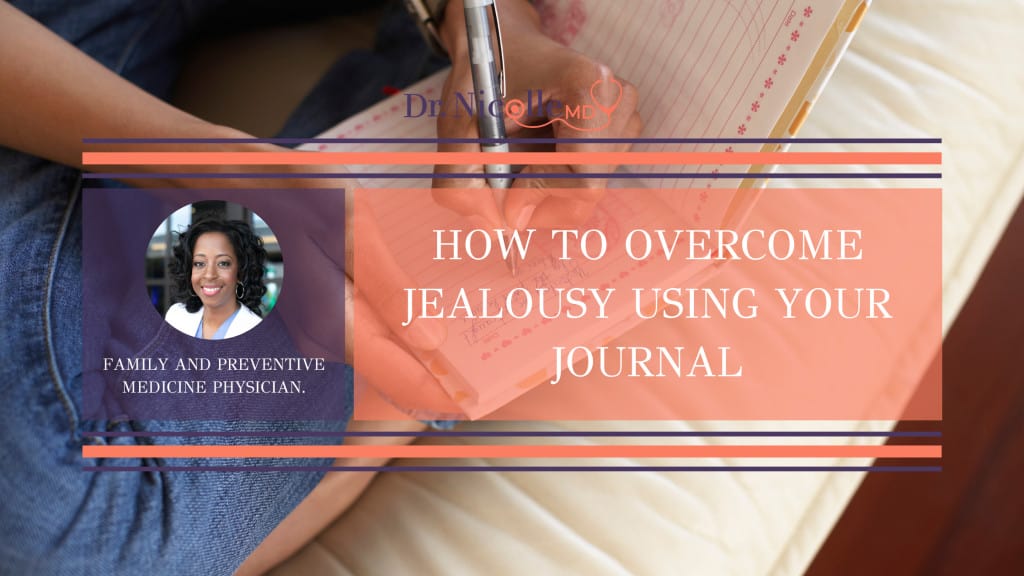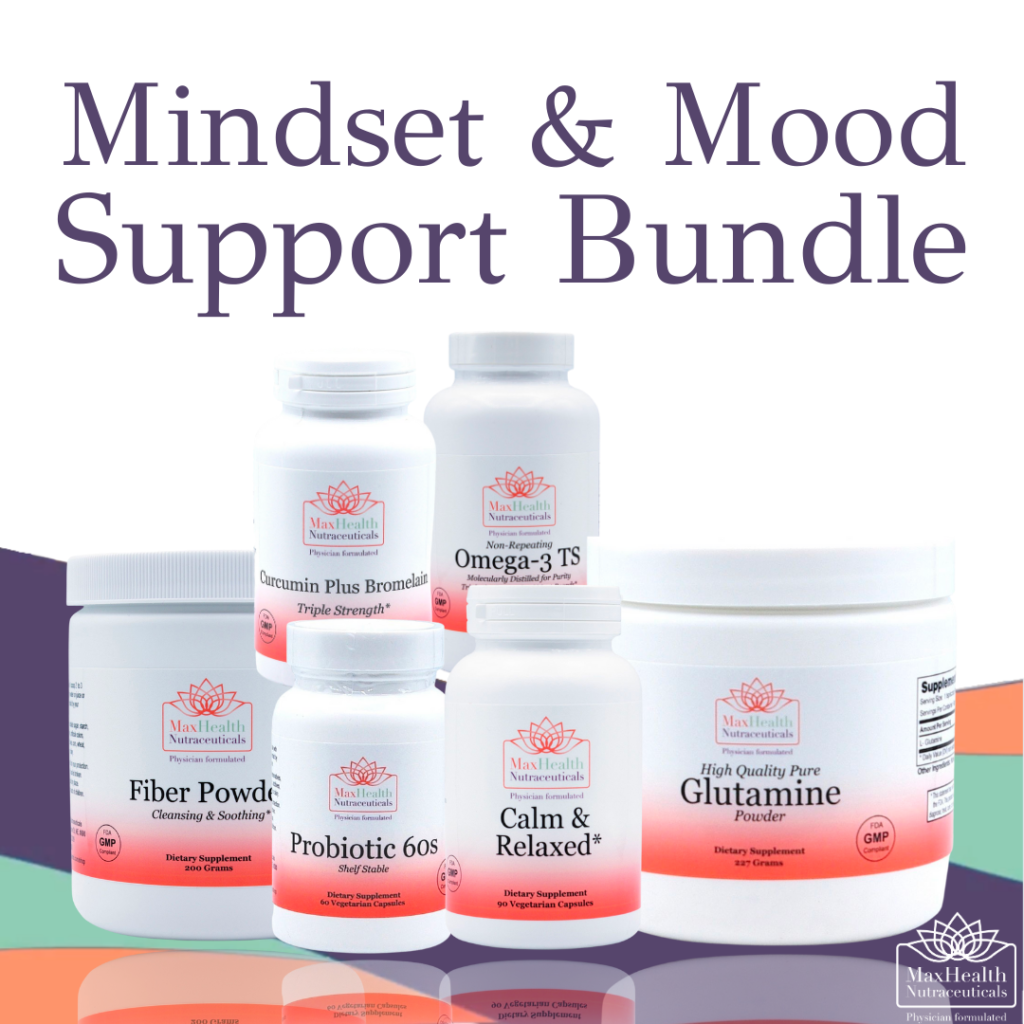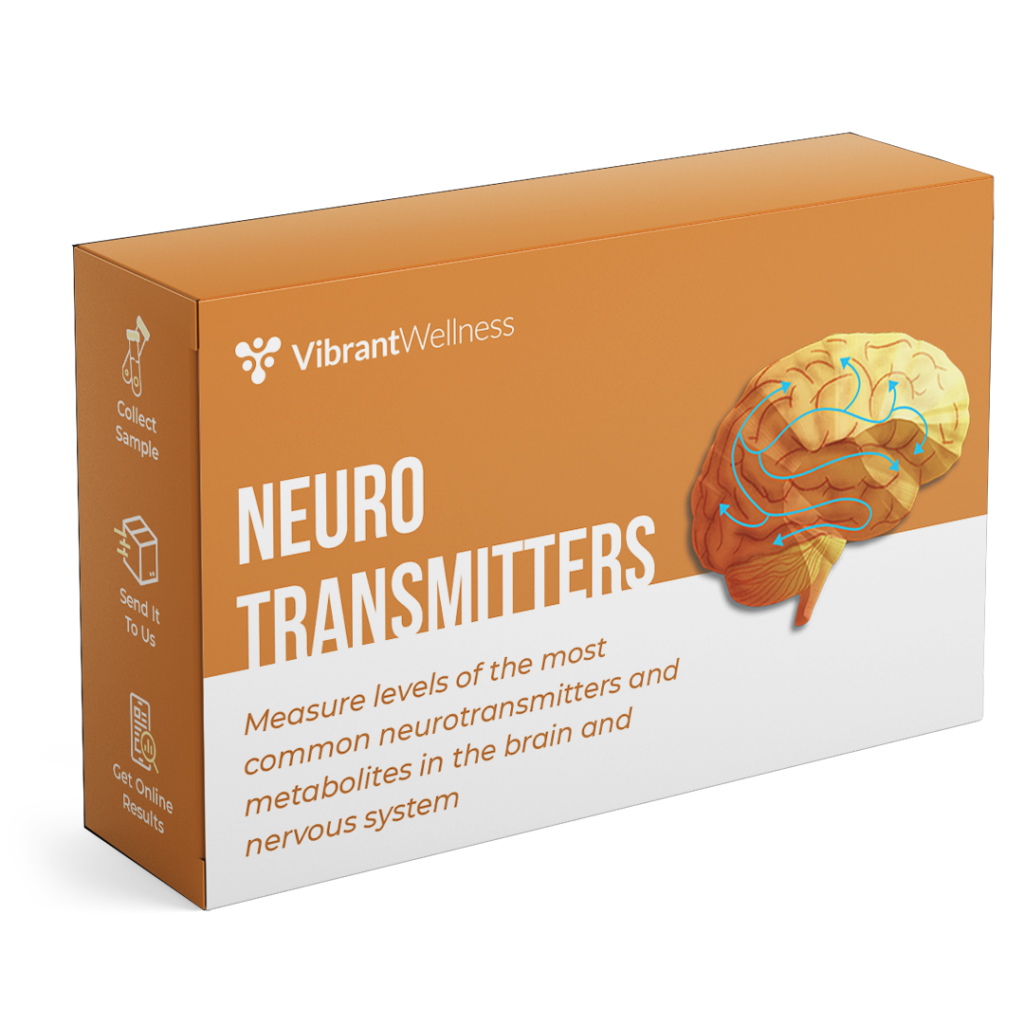

Hello and welcome to Motivation and Mindset Mondays! Today, let’s talk about how to use journaling to overcome jealousy. Have you ever felt jealous of someone else? One of the most common struggles people face is jealousy. Often, jealousy stems from not knowing your own faults. Sometimes we are jealous of other people’s successful lives, or their accomplishments. Jealousy can manifest in many different ways.
Jealousy is a complex emotion. It is so common and so universal that we often take it for granted. However, it is a universal feeling that has a specific cause—jealousy is the second most common emotion people experience. Jealousy has a number of negative consequences, but there are things we can do to handle it.
One of the best ways to beat jealousy is to keep a journal. Jealousy can make us feel that we don’t measure up to others. It can cause us to consider giving up on our goals, belittle ourselves, or think of how to get back at the person who is better at something.
Consider this scenario: A new person, Dale, has joined your social group and always seems to be so well put-together. Dale wears the best clothes, looks to be in the best physical shape, and has a great job. You find yourself feeling a little annoyed or even irritated with Dale’s appearance at these events.
In fact, lately you don’t even want to attend the get-togethers in your neighborhood because you know Dale’s going to show up. But obviously, this person is here to stay.
How can you overcome this jealousy you feel every time Dale’s in the room?
The process of journaling can provide great insights and lead you to release the jealousy you feel.
These strategies will help you get the most from journaling on your jealousy:
1. Start journaling.
After you get home from an event where Dale was present, get out your journal and write about how you felt while at the event. Be as descriptive as possible.
2. Record everything you noticed about Dale’s appearance: facial features, clothing, eye and hair color and the like.
What do you think are Dale’s best features? His worst? Write those down, too.
3. Next, journal about your own appearance along the same lines as you did about Dale.
Ponder your own best and worst aspects of your appearance.
4. In your journal, note all the great characteristics Dale demonstrates.
Be as thorough as possible. Include descriptive language like, “outgoing,” “appears self-confident,” and “very helpful to others.”
5. Jot down all your positive characteristics as well. Some of them might even be the same as Dale’s.
You’ll also possess characteristics that are unique to you and not found in others.
6. Open yourself up to the possibility that you have as much to offer as Dale.
As you journal, recognize that even though Dale possesses qualities and characteristics you much admire, you also have many positive qualities. The goal is not so much to compare yourself to Dale as it is to identify your own pluses.
7. In your writings, take the time to explore what it is about Dale that you feel threatened by.
If there’s something you believe Dale offers that you don’t, what is it? Journal about it. Is that characteristic something you can work toward accomplishing? Or is it impossible?
- For example, if Dale is in very good physical condition and looks quite fit and you’re not in your best shape, do you want to put out the effort to work for it now? Because if you do, it’s entirely possible that you can improve your physique.
- On the other hand, if Dale is tall, say 5’10” and you’re 5’6″, this is one characteristic about yourself you must accept.
- Once you’re able to sum up your own positive qualities, you’ll discover that there are no concrete reasons to see Dale as threatening or “better” than you.
8. The goal in journaling is resolving challenging issues you’re experiencing.
As you engage in the process, you’ll notice yourself feeling more comfortable with Dale and Dale’s assets. You’ll most likely realize that everyone has his good points and also possesses characteristics that could be improved upon.
9. Recognize jealousy is a common feeling.
Everyone feels jealous at some point. However, you do have the power to resolve your jealousy. Develop your individualized plan for how you’ll overcome the jealousy you feel.
- You could include statements like, “Make it a point to sit beside Dale during dinner to find about more about him” or “Ask Dale where he gets his haircuts.”
10. Allow yourself to let go of your jealous feelings.
Now that you’ve completed the journaling process, you’ll be ready to release those uncomfortable emotions.
Whenever you’re jealous of someone else, you have to be careful of your own jealousy. I’m not trying to say that you should never be jealous or that you should never feel any jealousy in your life. But I am saying that you need to be aware of those feelings, especially when they are negative feelings. If you can’t accept that you’re jealous of Dale, then you have to ask yourself why it is that you are jealous of him.
Although feeling jealousy is normal, it can be quite overwhelming to experience such feelings over a period of time. Overcome your jealousy by using journaling. You’ll gain insight into your jealous feelings and figure out how to leave those challenging emotions behind you.
I would love to give you a free resource sheet to support your quest for a healthy mindset. Click the button below to receive your gift.
I really wanted to talk about this topic today because I wanted to share some lifestyle-based strategies to improve your overall mindset and mental health, which in turn improves your life. You must do the internal work to improve your overall health. You can do this by learning what motivates you and working each day on improving your mindset. Your thoughts control your feelings, which controls your behavior. You can cultivate certain behaviors and practices that will not only enrich your life, but that you can pass on to your family, friends, and community, so that you can leave a legacy of health to your loved ones.
If you are familiar with my approach, I use functional medicine and lifestyle medicine as the first line of treatment, before medications, to treat lifestyle-related chronic diseases. Lifestyle-related chronic diseases include diabetes, hypertension, obesity, some cancers, just to name a few. Lifestyle modifications, such as stress reduction and mindfulness exercises, can help you feel better about yourself and your life. In certain cases, these approaches may even outperform pharmaceutical therapy. But I always tell my patients that conventional medications may be appropriate at this time to prevent catastrophic illness, but over time, you can work to make the necessary lifestyle changes to possibly reduce and/or eliminate medications. Please remember to always consult your physician for your particular needs and circumstances prior to making any decisions whatsoever.
Is Dietary Supplementation Right For You?
Did you know that what you eat can have a significant impact on your mood and mindset? A poor diet can lead to decreased energy levels, low moods, and even depression. Conversely, a healthy diet can improve your mood, help you feel more energetic, and boost your overall sense of well-being.
For some people, vitamin and mineral supplements offer important health benefits. Supplements are designed to fight deficiencies found in our diet and complement the food we eat regularly. Supplements are basically “helping hands” to our daily food.
When stress, anxiety, and depression creep in, it can be difficult to stay motivated and keep your head in the game. Fortunately, dietary supplementation can help. Certain vitamins, minerals, herbs and other natural ingredients have been shown to improve moods and reduce stress levels. For example, B vitamins (such as B6 and B12) are essential for maintaining healthy brain function and producing energy. Omega-3 fatty acids, which can be found in fish oil supplements, are known to reduce stress hormones and promote relaxation. Magnesium is also important for mental health – it helps regulate stress hormones, reduce anxiety levels and improve quality of sleep.
In addition to these supplements, there are also a number of herbal remedies that can help with stress management. Herbs such as lavender, chamomile and passionflower can be helpful for calming the body and reducing stress levels. Valerian root is another popular stress-relieving herb – it helps to relax the mind and promote restful sleep.
Ultimately, dietary supplementation can play an important role in improving your mindset and mood. If you’re feeling stressed or down, consider adding some of these supplements to your daily routine! They may just be the key to unlocking your mental wellbeing.
So… if you are unable to eat better and need supplementation, the supplements in my Mindset and Mood Support Bundle may provide the extra boost you need.
These are my favorite Mood Support Supplements to use! This Mindset and Mood Support Bundle will ensure you have the intake of the important vitamins, minerals, and probiotics to decrease inflammation and boost your innate wellness day and night. Taken together, it’s a solid plan for increasing your body’s natural resiliency while you improve your sleep, decrease your stress, and improve your mental clarity, naturally.
Tools For Motivation And Mindset
Meditating
Although you don’t need a cushion to meditate, you may want to consider using one at some point. You could meditate in a chair, or simply sit on the floor if you want. You can also use pillows or cushions from your furnishings to try out. Cushion, chair, bench, floor – it’s all good. Eventually, though, if you’re not sitting upright on a chair, you’ll probably do well to buy a dedicated meditation cushion. The cushion will support your sitting posture and help you create an appealing mindfulness corner that will encourage you to practice every day. I recommend this meditation cushion and mat bundle.
Journaling
If you struggle with stress, depression, or anxiety, keeping a journal can be a great idea. Even if you don’t have these conditions, journaling can enhance your life in many ways. Having difficulty processing your thoughts and emotions? Journaling can help clear that mental clutter and move towards a positive mindset. Research suggests that keeping a journal can have positive impacts on both mental and physical health. So, to start you on your journey, I recommend this self care journal.
Yoga
Yoga can be a great way to improve your strength and flexibility, manage your stress, improve your heart health, and lose weight! I recommend using a grounded yoga mat to connect yourself with the earth and reduce inflammation.
Food!
Remember, living a healthy lifestyle including eating a whole foods plant-based diet, regular physical activity, meditation and mindfulness, as well as healthy and supportive relationships are the best ways to support mental health.
Please talk with your doctor about any complementary health approaches, including supplements, you use. Let me know what you think in the comment section below.
Still Feeling A Little “Off”?
You may want to consider looking at your neurotransmitter levels. We’ve all heard of neurotransmitters—those chemical messengers that facilitate the transmission of signals from one neuron to the next across a synapse. But, what do they actually do?
Neurotransmitters influence and regulate a wide range of processes, from mental performance and emotions to pain response and energy levels. It’s no wonder why many people seek professional help when their neurotransmitter levels become imbalanced. Let’s take a closer look at how neurotransmitters work and what options are available for addressing imbalances.
What Is a Neurotransmitters Test?
The best way to determine if there’s an imbalance is through testing. The Vibrant Wellness Neurotransmitter Test is designed to measure levels of various hormones and chemicals in the brain and peripheral nervous system that play an important role in mood, memory, aging, balance, nervous function, movement, pain perception, eating behavior, sleep/wake cycles, stress biology, heart rate variability (HRV), etc. The Neurotransmitters panel measures levels of important hormones and chemicals in the brain and peripheral nervous system—including serotonin (mood), dopamine (motivation), epinephrine/norepinephrine (energy), GABA (relaxation) , glutamate (balance), acetylcholine (memory) , histamine (inflammation).
It’s also important to note that this test looks at both active levels as well as metabolites which helps identify underlying causes for imbalances such as poor absorption or metabolism. With this data in hand, you can start making changes that help restore balance.
Imbalances in these chemicals can lead to a variety of symptoms including irritability, anxiety or depression; cognitive issues such as forgetfulness; sleep disturbances; fatigue; digestive problems; low libido; weight gain or loss; etc. A Neurotransmitter test is used to detect underlying imbalances that may be causing these symptoms.
What Are the Benefits of a Neurotransmitter Test?
A neurotransmitter test can provide valuable insight into your overall health. It can identify any underlying hormonal or chemical imbalances that may be contributing to your symptoms. Once these imbalances have been identified, you can work with your healthcare provider to develop an individualized treatment plan that addresses the root cause of your symptoms. This could include lifestyle changes such as diet modifications or exercise regimens as well as supplements or medications designed to correct any deficiencies in neurotransmitter production.
What Can I Do if My Test Comes Back Positive?
If your test comes back positive for an imbalance in one or more neurotransmitters, there are several things you can do to get back on track. The first step is to identify any underlying lifestyle factors that could be contributing to the imbalance (such as sleep deprivation or poor nutrition). Once you’ve identified those factors, you can begin making changes – such as improving your diet or getting more exercise – to help restore balance. Additionally, certain supplements may also be recommended by your doctor or health care provider in order to promote optimal neurological functioning and support healthy neurotransmitter levels.
In A Nutshell…
Neurotransmitters are essential for a healthy mind and body – they influence mental performance and emotions while helping regulate key processes like pain response and energy levels. If you’re feeling off balance lately or experiencing unusual symptoms like insomnia or digestive issues it might be worth looking into whether there’s an underlying imbalance in your neurotransmitter levels causing your discomfort. A Neurotransmitters panel test will give you valuable insight into what’s going on within your body so you can take corrective action if needed! With the information gained from this test you’ll be able to better understand what’s going on within your body and make informed decisions about how best to bring yourself back into balance!
PLEASE NOTE: If you or someone you know is experiencing severe stress, anxiety, depression and/or other mental health issues, please contact SAMHSA’s National Helpline, 1-800-662-HELP (4357), (also known as the Treatment Referral Routing Service) or TTY: 1-800-487-4889. This is a confidential, free, 24-hour-a-day, 365-day-a-year, information service, in English and Spanish, for individuals and family members facing mental and/or substance use disorders. This service provides referrals to local treatment facilities, support groups, and community-based organizations. Callers can also order free publications and other information.
Dr. Nicolle Martin
Some of the links in this article are "affiliate links", a link with a special tracking code. This means if you click on an affiliate link and purchase the item, we will receive an affiliate commission.
The price of the item is the same whether it is an affiliate link or not. Regardless, we only recommend products or services we believe will add value to our readers.
By using the affiliate links, you are helping support our Website, and we genuinely appreciate your support.
Last updated on October 17th, 2023 at 03:59 am

Minimize Medications. Maximize Health.
Are you super busy but need to take control of your health? Are you tired of being tired? Subscribe to my “Minimize Medications, Maximize Health Blog” and I’ll give you 7 Tips to Get Healthy in No Time absolutely FREE.







